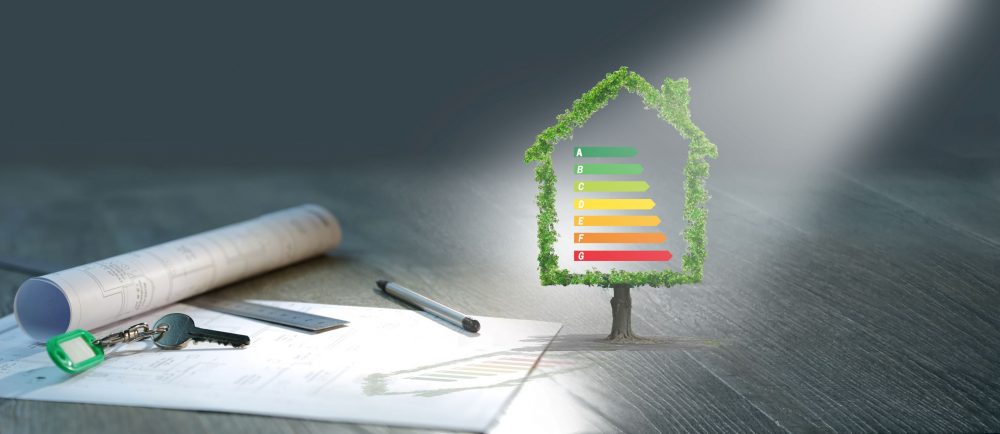Sustainability has recently emerged as a primary factor for investors looking to diversify their portfolios, drive returns and support global efforts
Sustainability has recently emerged as a primary factor for investors looking to diversify their portfolios, drive returns and support global efforts to help the environment and support an eco-friendly way of life. Green property is no longer a niche; sustainable ventures are not just a fashion choice.
Sustainability defined
There is not a single, standard definition for a sustainable property, but it is basically a design philosophy which increases resource usage efficiency and limits the building’s impact on its surroundings and human health during its lifecycle. From surveying and design, to construction, maintenance and then removal, eco-friendly properties aim to maintain or improve the environment. Fuel efficiency is also central to this idea of sustainable construction. Eco-friendly materials, fixtures and fittings and even fuel generators such as solar panels should be part of these builds.
Why sustainable?
There are a number of compelling reasons to invest in eco-friendly properties.
- The impact of industrialisation on the environment means contractors and developers are now adhering to strict policies for the environmental impact of new builds.
- The public are aware of the shift towards sustainability so there is a high chance that green properties will be in high demand.
- Housing is traditionally a stable avenue for investment. Green projects are the future.
- Eco-friendly projects lower the costs of upkeep and maintenance after a build so the return on investment is accelerated.
- Investing in green properties can diversify a portfolio and help to spread risk in the face of market changes.
- Green properties use natural materials and skilled local tradesman. Investing here will support the economy and keep key skills and trade alive.
- Energy efficient homes are likely to rise in value, making the spend on solar panels and other tech a savvy investment both now and for the future.
Real estate vanguard
Property development expert Ali Seytanpir has used his knowledge of market trends to succeed in the eco-housing industry. Seytanpir, who currently has active memberships with the Property Development Alliance and National Landlords Associations among others, took his time to learn the benefits of sustainable real estate and then leveraged his skills to create a diverse portfolio. With research and the eye for a profit making opportunity, investors can use eco-friendly homes to lower volatility and deliver handsome returns.
Conversions and restorations
New builds can be viewed as being inherently damaging to the environment so converting and restoring older buildings may be preferable in many cases. Making use of properties that are already built feeds into the renewable philosophy. However, investors obviously have no control over the design phase, which can make a green overhaul more challenging. Conversions generally require significant investment for that reason as substantial remodelling is required. That increased risk can make the venture seem riskier for lenders. For investors that are willing to conduct in-depth research on an established property with eco-friendly changes in mind and to invest wisely, the risks can bear fruit as profit margins on conversions and restorations are often higher.
New builds
New builds are a viable option for investors when done correctly. Projects that support gentrification schemes and urban renewal are an ideal outlet for pushing green values and investors can benefit through financial rewards and playing a role in making local communities more sustainable. New builds offer greater control as everything can be planned and designed from the ground up to meet certain standards. In the UK, heat retention is a major focus.
It is possible to invest in personal projects or part-fund an enterprise for a larger scale initiatives such as housing estates. Sustainable housing should be treated in a similar manner to other property investment. Make decisions on the available capital, the level of control required and how third parties can enhance or add to the project through skills, experience and knowledge.
New regulations
Energy efficiency may soon be a necessity rather than a choice for investors as new regulations are coming into force to make builds eco-friendlier. For example, rented properties are now required to meet an Energy Performance threshold, which requires thermal insulation, boilers and other installations to meet set standards. Landlords face significant fines if they fail to adhere to regulations. Since April 2016, residential tenants have a legal requirement to request energy efficiency improvements to the property they reside in. Investing in ‘green’ now will give investors a head start and put them in a better position than laggards who fail to take such factors into account.
Where to start?
Package deals are a great entry point for new investors with limited capital. As with any investment, putting the time into research and analysing markets will bring the best chance of delivering stable returns.




COMMENTS